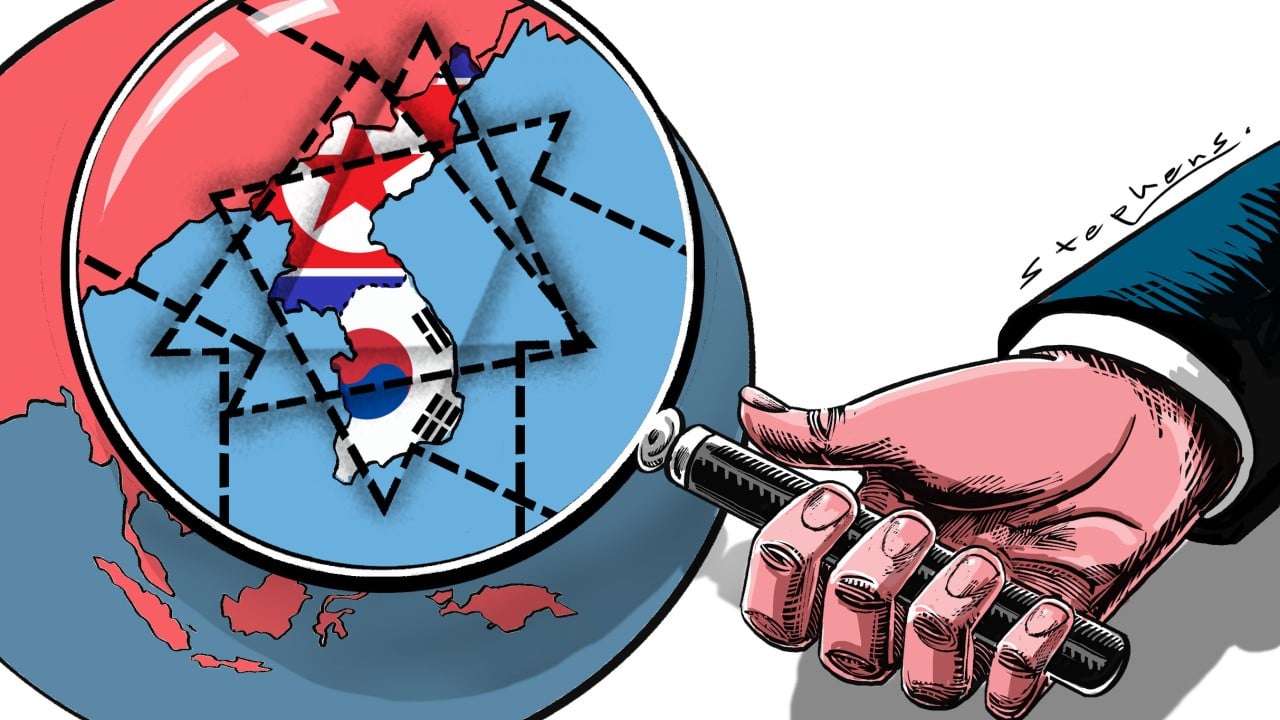The Korean peninsula has snapped back into global focus. The Asia-Pacific Economic Cooperation summit in Seoul is expected to bring the leaders of the US and China together for their first in-person meeting since US President Donald Trump’s second term began. Meanwhile, Russia-allied North Korea seeks US recognition of its status as a nuclear state and direct talks with Trump.
Advertisement
This points to a structural shift in Northeast Asia’s security architecture. Rather than a simple US-China binary or a rigid two-camp confrontation, there are three overlapping triangles: the US-Japan-South Korea deterrence partnership, China-Japan-South Korea functional cooperation and a tightening China-Russia-North Korea counter-alignment. Their interaction makes the peninsula both a friction point and potential stabiliser.
The last inclusive regional security framework, the Six-Party Talks, collapsed in the late 2000s, leaving a vacuum that flexible trilaterals have increasingly filled. “Triple trilateralism” has since emerged as a more adaptive structure that maps onto interlocked security, economic and ideological concerns.
First is the US-Japan-South Korea cooperation, which gained momentum under former South Korean president Yoon Suk-yeol and is still robust operationally. This trilateral centres on extended nuclear deterrence and a coordinated military posture. It is driven by the urgency of North Korea’s advancing nuclear and conventional capabilities and its tightening ties with Russia and China.
Since June 2024, the US, Japan and South Korea have conducted three iterations of the trilateral Freedom Edge exercise, alongside multiple bilateral drills. Missile-defence cooperation and real-time data-sharing complement this posture.
Advertisement
Yet the alliance has internal strains. US talks with Tokyo and Seoul revealed friction over defence cost-sharing and trade practices. The election of Sanae Takaichi as Japan’s prime minister implies a rightward tilt on security – tougher on North Korea and China, tighter with Washington and Seoul – but her stances on history and territory could backfire with Seoul.

